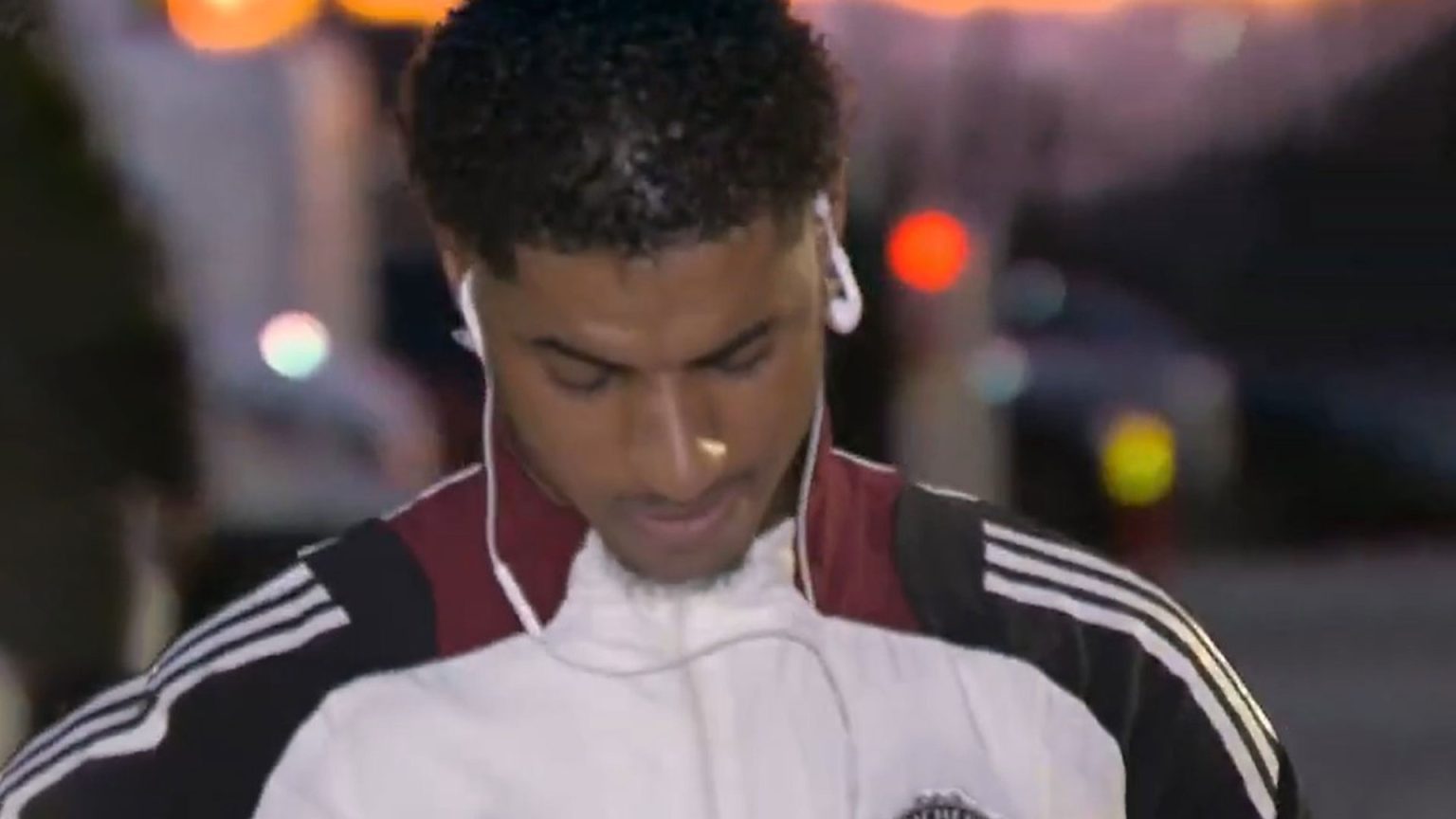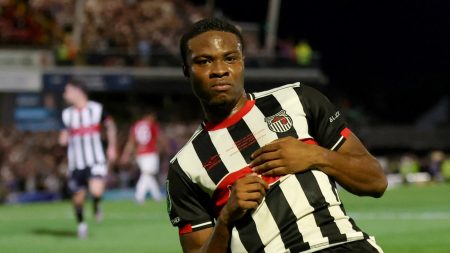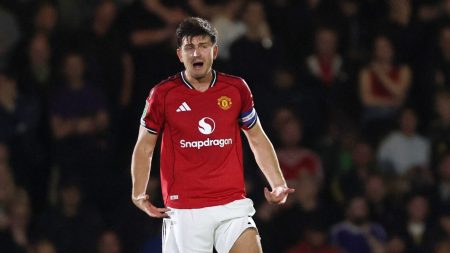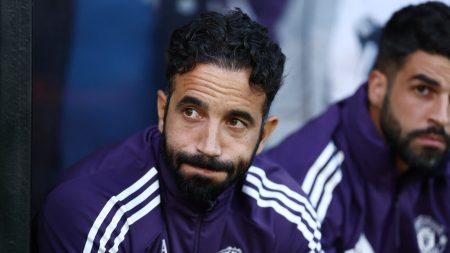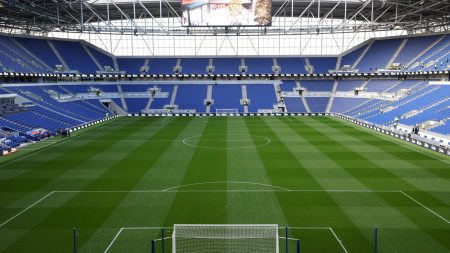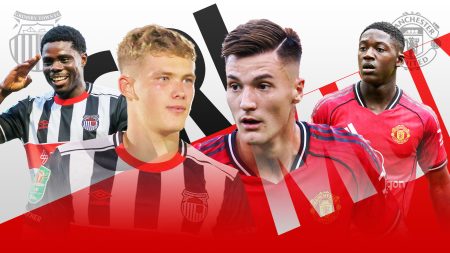Marcus Rashford’s arrival at Old Trafford for the match against Newcastle signals a potential return to the Manchester United squad after a four-match absence. His omission from recent matchday squads began with the Manchester derby, a match United ultimately won 2-1 despite Rashford’s absence. Manager Ruben Amorim attributed Rashford’s exclusion to tactical considerations, a decision that also saw Alejandro Garnacho dropped from the squad. While Garnacho returned for the subsequent Carabao Cup defeat to Tottenham, Rashford remained sidelined, further fueling speculation about his status within the team. This absence extended through losses against Bournemouth and Wolves, raising concerns about the impact of Rashford’s unavailability on the team’s performance.
Rashford’s return comes at a crucial time for Manchester United, who are facing the Newcastle challenge without their suspended captain, Bruno Fernandes. The absence of Fernandes, coupled with the continued injury layoff of Mason Mount, leaves a significant void in the team’s attacking options. Rashford’s potential inclusion in the squad offers a much-needed boost to the Red Devils’ offensive capabilities. His pace, dribbling skills, and finishing prowess could prove crucial in unlocking Newcastle’s defense, especially given the current dearth of attacking options. The manager’s decision to bring Rashford back into the fold suggests a recognition of his importance to the team’s attacking strategy.
The context of Rashford’s return revolves around Amorim’s tactical approach and the team’s recent struggles in his absence. The initial decision to drop Rashford, alongside Garnacho, indicated a shift in tactical thinking, perhaps prioritizing defensive stability or experimenting with different attacking combinations. However, the subsequent defeats, particularly against Bournemouth and Wolves, may have underscored the importance of Rashford’s attacking contributions. The team’s apparent inability to create and convert chances effectively without him could have influenced Amorim’s decision to reinstate him to the squad. This highlights the delicate balance between tactical experimentation and the reliance on key players, a dilemma often faced by managers.
Furthermore, Rashford’s return coincides with a period of uncertainty surrounding his relationship with the club, following a controversial interview. Manager Amorim addressed the situation, suggesting a broader context behind Rashford’s comments and indicating a willingness to move forward, at least for the time being. This suggests an attempt to manage the situation internally and prioritize the team’s immediate needs over dwelling on past issues. The timing of Rashford’s return, following this interview, adds another layer of intrigue to the situation. Whether the interview played a role in his initial exclusion remains unclear, but his inclusion in the squad now suggests a move towards reconciliation and a focus on the upcoming match.
The significance of Rashford’s potential return extends beyond his individual contributions. His presence on the field could have a positive impact on team morale and galvanize the squad, particularly given the recent setbacks. His attacking threat could force Newcastle to adjust their defensive strategy, creating opportunities for other players. Moreover, his experience and leadership qualities could prove invaluable in a match where United will be without their captain. The overall dynamic within the team could shift with Rashford’s return, potentially injecting renewed energy and confidence.
In conclusion, Marcus Rashford’s arrival at Old Trafford ahead of the Newcastle match signifies a potential turning point for both the player and the team. His return, following a period of absence and amid surrounding controversy, brings a renewed sense of anticipation and possibility. The match against Newcastle presents an opportunity for Rashford to reassert his importance to the team, while simultaneously offering United a much-needed boost in their attacking prowess. The manager’s decision to reinstate him reflects a recognition of his value and a willingness to move forward, setting the stage for a potentially pivotal moment in Manchester United’s season.





